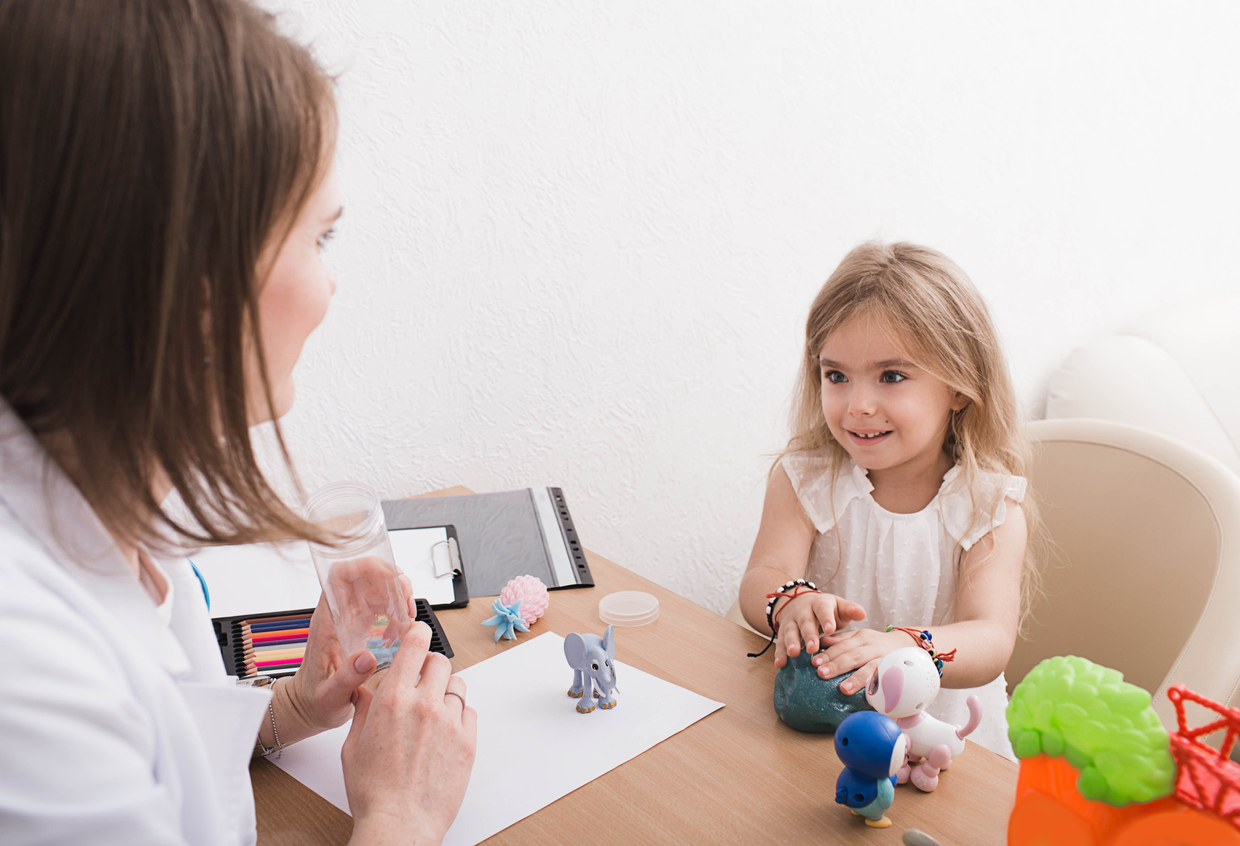If you’re reading this blog, chances are you’re trying to decide where you should train to become a registered behavior technician (RBT). Or, you might just be scoping out career options.
In any case, congratulations! You’ve discovered one of the most rewarding and stimulating career paths in the industry.
Keep reading to learn more about the responsibilities and day-to-day functions of RBTs, then head over to our Careers page to view our open positions. We’re looking to fill RBT positions in all 8 of our Centers.
If you’re interested, fill out an application on our Careers page or contact us directly at (209) 422-3280.
Educational Requirements
You don’t have to have a college degree to become a Registered Behavior Technician, but it is preferred, mostly for your own benefit. For example, if you studied psychology or early education, you’ll have a leg up on training. Another benefit is that you’ll receive the required 40-hour training course paid for by Pathways.
Most colleges and universities offer a training program, but don’t worry – if you didn’t go to college or attended a school that didn’t offer training, Therapeutic Pathways will provide the training for you.
Recent graduates or currently-enrolled students are the best fit for this position, but we will consider every applicant who:
- Is at least 18 years old
- Has received a high school diploma
- Passes a background check
- Completes an initial competency assessment
Training and Certification
Once you’re hired as a Behavior Technician, you’ll work closely with a qualified Behavior Analyst Certification Board (BACB) certificant to learn the ins and outs of Applied Behavior Analysis (ABA) therapy.
Qualified certificants include Board Certified Behavior Analysts (BCBAs), Board Certified Assistant Behavior Analysts (BCaBAs), or Board Certified Behavior Analysts – Doctorate (BCBA-D). They’ll provide the training and supervision necessary for you to become a credentialed RBT.
Here are some of the things you can expect to learn during your 40-hour training course at Therapeutic Pathways (from the BACB RBT Task List, 2nd edition):
- Making learning fun by implementing nursery songs, fingerplays, etc.
- Preparing and implementing continuous measurement procedures
- Describing a client’s behavior and environment in observable, measurable terms
- Conducting preference assessments and assisting with individualized assessment procedures
- Using methods of appropriate reinforcement
- Implementing discrete-trial teaching procedures, naturalistic teaching procedures, task analyzed chaining procedures, discrimination training, stimulus control transfer procedures, and generalization and maintenance procedures
- Describing common functions of behavior
- Implementing interventions based on antecedents (motivations, stimuli, etc.)
- Implementing differential reinforcement procedures (DRA, DRO)
- Effectively communicating with supervisor in a timely manner
- Generating objective session notes
- Communicating with client’s family members, caregivers, or other parties as authorized
- Maintaining client dignity
That’s not everything you’ll learn during your 40-hour training, but this list should give you a good idea of what to expect. You’ll certainly be busy!
You can complete training anytime before applying for an RBT certification. After completing RBT training, you’ll apply for the certification and be required to take and pass the RBT certification exam.
Once you pass the exam, you’re officially an RBT! That doesn’t mean you’ll be all on your own, though – you’ll receive ongoing supervision of tasks and you’ll need to renew the certification every year. You need to be responsible and good at planning, but all of the training, studying, and preparation will pay off when you become officially certified.
Your Role as an RBT at Therapeutic Pathways
As an RBT, your primary responsibilities are to implement therapeutic services using the principles of Applied Behavior Analysis (ABA). RBTs work under the close, ongoing supervision of a BCaBA, BCBA, or BCBA-D.
You’ll provide direct client care in a variety of settings: one-on-one at the client’s home, in the center, or in a group at the center. As a Registered Behavior Technician, you will be expected to uphold and promote the values, code of ethics, and core principles of behavior analysis, the Behavior Analyst Certification Board (BACB), and Therapeutic Pathways.
We applaud each of our staff members for putting in the work and effort to help improve clients’ lives.
We’re Here for You
Our staff is our most valued resource, and we demonstrate our respect and gratitude by offering a generous total rewards package to every RBT, including educational assistance. Take a look at the other benefits we’re proud to offer:
- Industry-competitive compensation
- Family-friendly medical coverage
- Development opportunities
- Performance and promotion raises
- Paid mileage
- Paid drive time
- Employee assistance
We’re enormously proud of the dedication that each of our employees extends to our clients, and we believe RBTs are an invaluable resource to our company. If you’d like to apply for one of our open RBT positions, head over to our Careers page and submit an application. We’d love to hear from you!
 Listen to Our Podcast
Listen to Our Podcast
